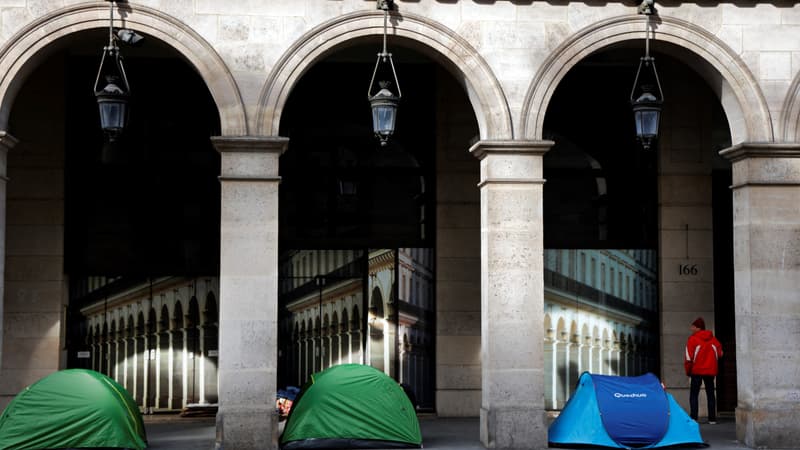Some 2.8 billion people do not have access to adequate housing worldwide, according to the 2024 annual report in UN-Habitat, the United Nations program for human establishments, published on Monday, June 2.
Among these poor swallows, 1,100 million people live in marginal neighborhoods or informal habitats, “the main challenge of sustainable urban development,” according to the report. About 90% of the inhabitants of the low neighborhoods are located in Africa and Asia, where 170 million homes are missing.
“Climate change, conflicts and natural disasters continue to move millions of people, forcing them to leave their homes in search of security, stability and better living conditions,” Deplora Anacláudia Rossbach, executive director of UN-Habitat, cited in the report.
318 million homeless people in the world
The UN agency has 318 million homeless people, almost as much as the population of the United States.
Throughout the world, “one in four people lives in conditions that damage their health, security and prosperity,” reports the non -habitat.
In detail, 14% of urban people and 40% of rural do not have access to drinking water and two out of five people do not have sanitation services.
“The sanitation administered and safe is essential for human development is often used as a measure of progress in the fight against poverty, disease and premature death,” recalls the relationship.
Anacláudia Rossbach asks “to rethink urban policies, land use, legislation and financing to prioritize housing and basic services because they are essential levers of climate action and sustainable development.”
By 2040, 2 billion inhabitants of the city must be subject to significant temperature increases.
The Assembly of the Member States of the UN-Habitat adopted the strategic plan of the program on Friday for the 2026 to 2029 period, focused on access to housing, land and basic services, such as drinking water and sanitary facilities.
Source: BFM TV


